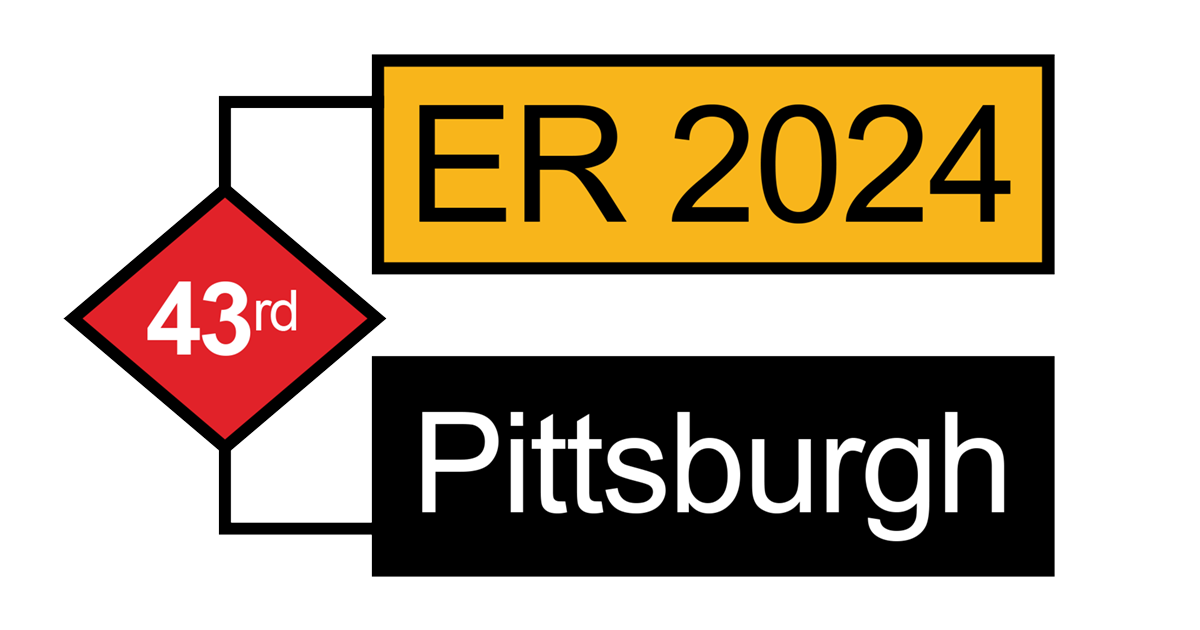ER 2024 Co-Located Workshops
Continuing a long tradition, ER 2024 will host multiple workshops on cutting-edge topics to be held in conjunction with the main ER 2024 conference. The workshops will serve as an intensive collaborative forum for exchanging innovative ideas about conceptual modeling, and for discovering new frontiers for its use. The following workshops focus on new, emerging, or established topics in conceptual modeling, or its application in specific domains.
The following workshops have been confirmed.
- The 5th International Workshop on Conceptual Modeling for Life Sciences (CMLS)
- 3rd International Workshop on Digital JUStice, Digital Law and Conceptual MODeling (JUSMOD24)
- 7th International Workshop on Empirical Methods in Conceptual Modeling (EmpER’24) + 5th International Workshop on Quality and Measurement of Model-Driven Software Development (QUAMES 2024) (EmpER'24 and QUAMES 2024 are merged to EmpER'24 + QUAMES 2024)
- 2nd Workshop on Modeling in the Age of Large Language Models (LLM4Modeling)
- The First International Workshop on AI Services and Applications (AISA’2024) + The First International Workshop on AI-Driven Modeling and Management of Data (AIMM 2024) (AIMM 2024 is integrated in AISA’2024)
The following workshop has been cancelled.
Important Dates
All deadlines are 23:59 AoE (Anywhere on Earth)
Intention to Submit Proposal
Closed
Workshop Abstract Submission (optional)
13 July 2024
* Some workshops will still retain the original deadline; please check your workshop's website to be sure.

